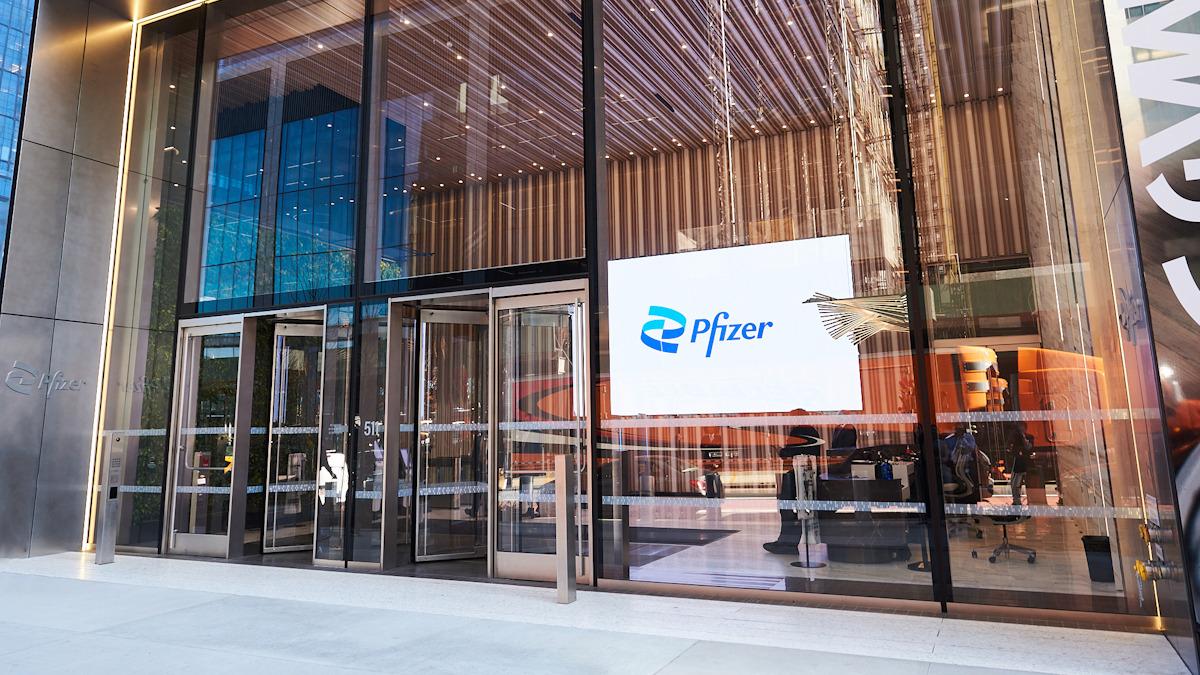NICE unconvinced by CSL's haemophilia B gene therapy

The UK's National Institute for Health and Care Excellence (NICE) has said it is minded not to recommend approval of CSL Behring and uniQure's Hemgenix gene therapy for haemophilia B as there is little evidence for long-term benefits.
The guidance is still open for comment, so it remains subject to change, but, for now, NICE says it cannot recommend Hemgenix (etranacogene dezaparvovec) for its approved indication, the treatment of moderately severe or severe haemophilia B in adults without a history of Factor IX inhibitors.
In its guidance, the health technology assessment (HTA) agency said that while there is clear evidence that the gene therapy reduces the number of bleeding episodes haemophilia B patients have each year "there is not enough evidence to on how well it works in the long term."
It also said that uncertainties in an indirect comparison between the gene therapy and Factor IX replacement therapies made it difficult to arrive at a decision on the drug's cost-effectiveness.
Hemgenix was given conditional authorisation by the Medicines and Healthcare products Regulatory Agency (MHRA) in March in England, Scotland and Wales, shortly after the drug was also backed by the European Commission for use in the EU as well as other territories, including Northern Ireland.
It has a list price of £2.6 million (around $3.3 million) for a one-shot dose, although NICE noted that the company has entered into a "commercial arrangement" that would apply if Hemgenix is eventually recommended for use by the NHS.
CSL Behring's general manager for the UK and Ireland, Eduardo Cabas, said the decision was a disappointment – a sentiment that was also echoed by Clive Smith, chair of the Haemophilia Society patient organisation.
"NICE has expressed its commitment to a more progressive approach when assessing highly innovative medicines, and CSL Behring asks NICE to honour this commitment when assessing etranacogene dezaparvovec and other gene therapies," said Cabas.
Smith meanwhile said that gene therapies for haemophilia B can "vastly reduce the burden of treatment, improve joint health and potentially eliminate painful bleeds", adding that he hopes that NICE "further considers these benefits carefully and helps eligible patients to access these innovative, potentially long-lasting treatments as soon as possible".
The new document is open for comment for another 15 days, and a second NICE appraisal committee meeting is scheduled to be held on 13th September, with a final decision on coverage expected towards the end of November.
Prof Pratima Chowdary of University College London, who is chair of the UK Haemophilia Centres Doctors' Association, said the initial decision suggests "limited flexibility" in NICE's appraisal process to accommodate the potential of gene therapies to deliver benefits over multiple decades.
"The UK scientific and clinical community pioneered the initial science behind haemophilia B gene therapy," she added. "It's unfortunate there are further hurdles before this innovative treatment can be made available to UK patients."













